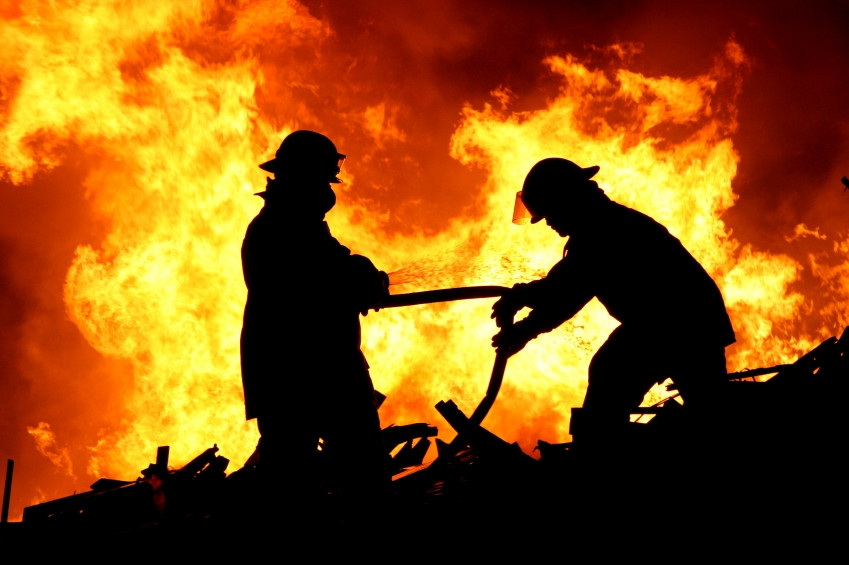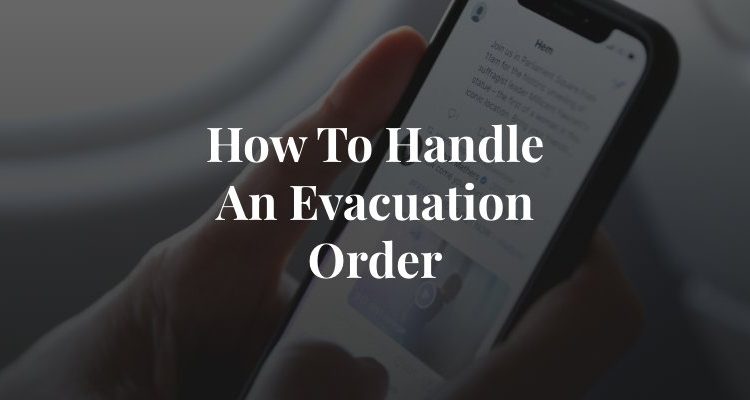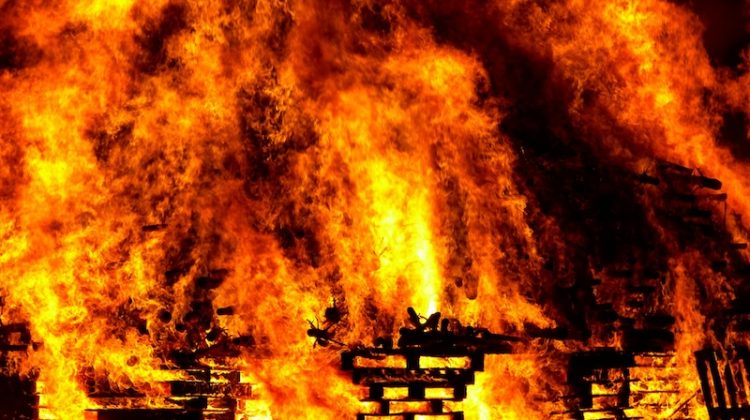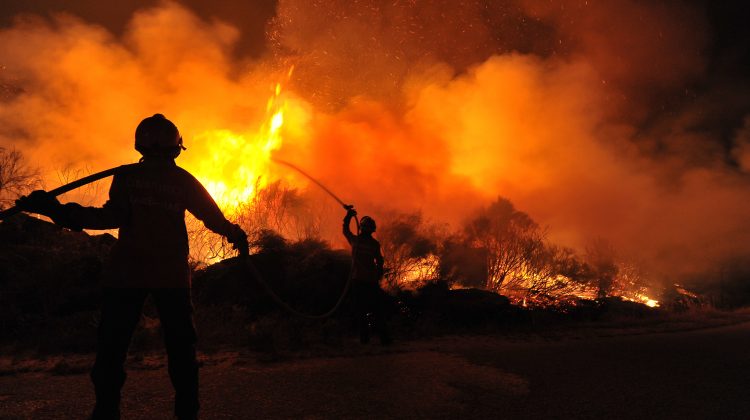Whether sparked naturally or by humans, wildfires are a frightening force of nature that lay waste to everything in their path. In recent years, these destructive fires have become increasingly threatening to the West Coast of the US, the Dixie Fire for example became the largest non-complex fire in California history. Although we do our best to predict areas that are the most vulnerable and stop them once they start, millions of people still fear for their lives and homes each year during the dreaded “Fire Season” Take a look at these steps to take if a wildfire starts in your area to best protect yourself and your property.
Follow Fire Map Updates And Stay Informed
If a fire has started close to your home, one of the most crucial things you can do is stay informed. Keeping a close eye on satellite maps such as Fire and Smoke Map and listening to news updates can help you know where exactly the fire is, where it’s heading, and whether you need to evacuate or not. Don’t base your decisions by looking at the smoke or going to see the fire for yourself. Stay put, and listen to the experts.
Protect Your Home
In the case of a forest or wildfire, whether you’re staying put or evacuating, there are steps you should take to protect your home. Some of Nationwide Insurance’s suggestions are but not limited to:
- Clearing burnable vegetation and brush from the yard.
- Wetting down your property/roof/eaves.
- Closing all windows and doors/removing curtains and blinds.
- Shutting off your gas.
- Filling buckets, pools, trash cans, etc. with water.
Prepare For Wildfire Evacuation
If the fire moves close enough to you, there may come a time when you have to evacuate your home for your own safety. Remember, things can be replaced, your life, and loved ones cannot. Therefore, it’s important that you are prepared for the moments if it’s unfortunately necessary. Some key points from Cal Fire’s Pre-Evacuation Checklist include:
- Pre-loading your vehicle with emergency kit/food and water.
- Pre-loading vehicle with valuables.
- Backing your car into the driveway.
- Locating all pets.
- Charging electronics.
- Checking on neighbors.
- Having an evacuation route and meet-up location.
- Be ready to leave at any moment.
Ultimately, if there’s a wildfire threatening you and your home, it’s always better to be safe than sorry. Stay informed, be prepared, and have a plan. Also, it’s never too early to evacuate if you feel uncomfortable, just be sure you are doing so in a methodical and safe manner. Learn more about the increase in Wildfires in the US.





No Comment